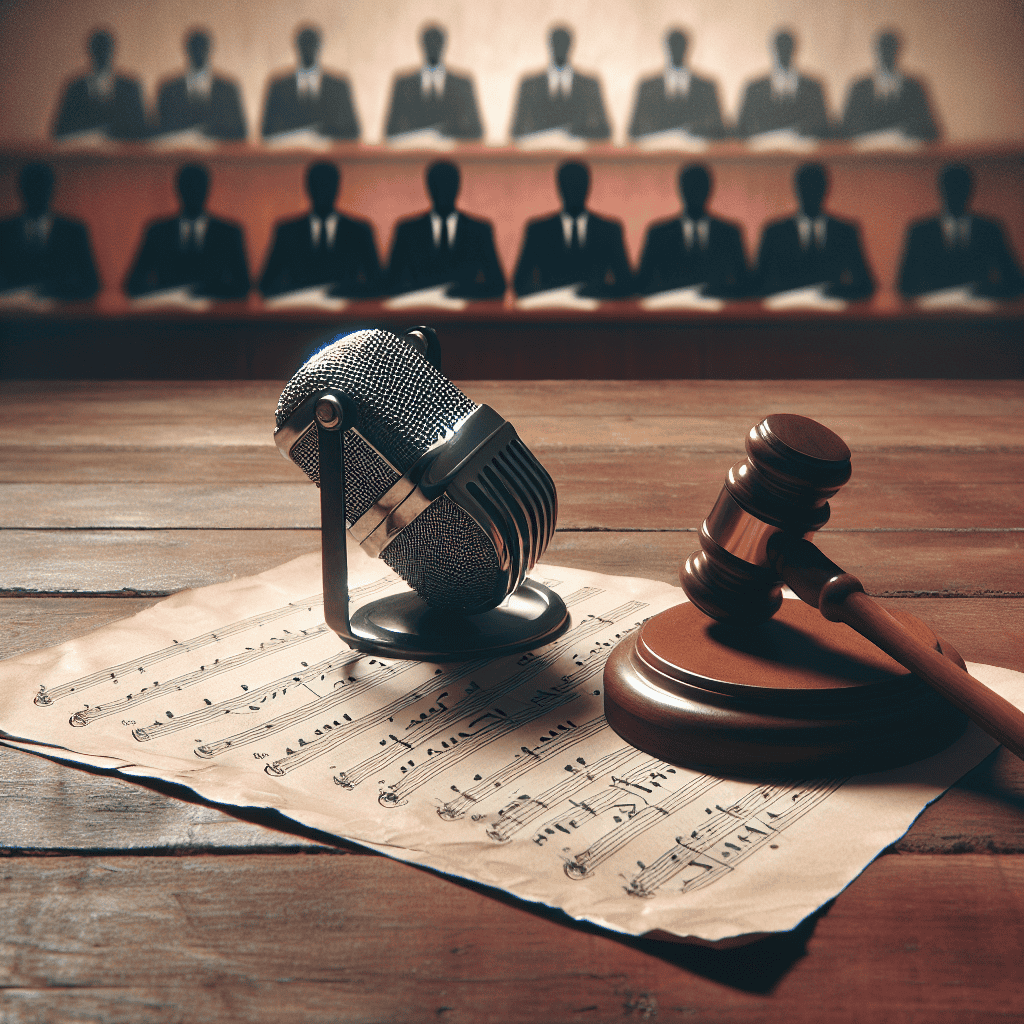Sir Paul McCartney has voiced significant concerns regarding proposed changes to copyright laws that may allow artificial intelligence (AI) developers to utilize creators’ online content without their consent. In a recent interview on the BBC program “Sunday with Laura Kuenssberg,” McCartney highlighted that these changes could lead to a “Wild West” scenario where musicians and artists are inadequately protected from content theft. He emphasized that young artists could create beautiful work yet might hold no ownership over their own creations, putting their livelihoods at risk.
The British Government plans to revise the law, which would let AI developers use internet content unless content creators opt out. McCartney warned that such proposals undermine the very foundation of creativity by diminishing the incentive for artists to produce new work. He recalled how, during his youth in Liverpool, pursuing a passion for music also meant making a living—a balance that could be threatened by the upcoming legislative changes.
The Government aims to introduce a copyright framework that grants creators greater control and transparency. However, McCartney urged policymakers to reconsider the potential damage these changes could inflict on the arts community, insisting that it is the government’s duty to safeguard creative talent.
In a notable example of utilizing AI in music, McCartney and fellow Beatle Sir Ringo Starr recently used AI technology to produce a new song titled “Now and Then” from an unfinished demo by John Lennon. While McCartney acknowledges the benefits of AI for enhancing artistic practices, he firmly believes that it should not come at the expense of fair compensation for creative minds.
The conversation around AI’s role in the music industry is becoming increasingly critical, as it raises questions about ownership, integrity, and the future of artistic contributions. There is a hopeful perspective that, with careful consideration and robust protections in place, technology can coexist with creativity, ultimately fostering innovation rather than eroding it.
This dialogue is essential, as it underlines the importance of legal frameworks that protect artists without impeding technological advances aimed at improving how music is created and enjoyed.

Leave a comment